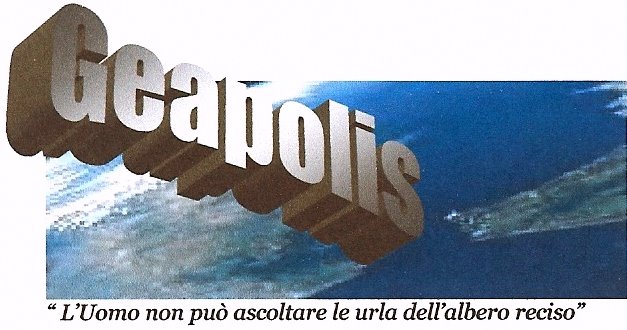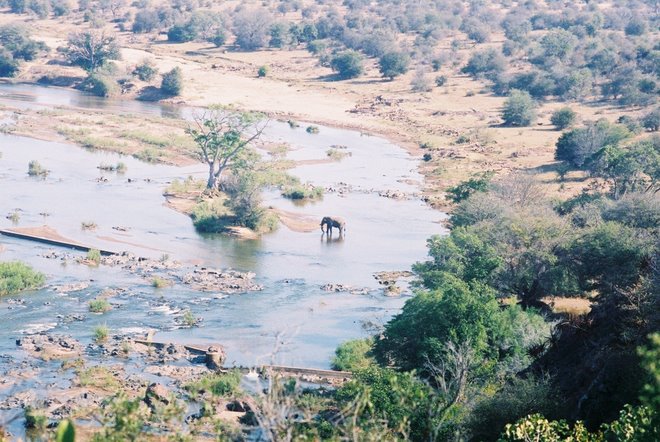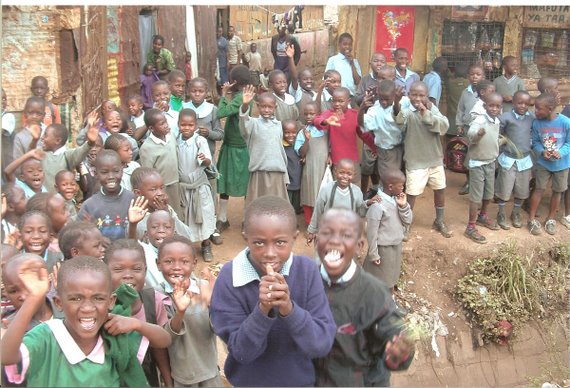Dec 8th 2007 | LISBON
From Economist.com
Robert Mugabe at the EU-Africa summit
IT IS a coincidence that Europe should try to relaunch its relations with Africa in Lisbon. It was from here, in 1415, that Portuguese ships first set out on the exploration and conquest of the dark continent; and it is here on Saturday December 8th that politicians from 53 African and 27 European countries gather at a summit.
The Portuguese, who hold the EU presidency, see this first EU-Africa summit since 2000 as the capstone of their six-month tenure. They accept that the summit carries a “political price”: the one-man-against-the-rest EU split caused by the refusal of Britain's prime minister, Gordon Brown, to attend, in protest against the presence of Zimbabwe's president, Robert Mugabe. But, the Portuguese say, China and others have forced their hand.
For the Europeans are worried that they are losing both trade and clout on a continent that they used to regard as their own backyard. Over the past five years resource-hungry China has swept across a grateful continent, buying oil and minerals. African-Chinese trade has increased five-fold over that time to more than $50 billion last year. Europe's long-standing links mean that it is still Africa's biggest trading partner, but the Chinese are catching up. For example in October the Industrial and Commercial Bank of China paid $5.6 billion for a 20% stake in Standard Bank of South Africa.
India, too, has been buying oil and mineral concessions in countries such as Sudan and Nigeria. America has revived its interest in Africa: it wants to take 25% of its oil imports from there to decrease its dependence on the Middle East. America has also been recruiting new allies, such as Mali, in its fight against Islamist terrorism.
Now Africa's leaders can pick their friends. As Shamsudeen Usman, Nigeria's minister of finance, says: “Nigeria is becoming a beautiful bride. What is happening is the Chinese, the Koreans, everyone is coming around, and if European companies do not wake up, they will see that most of the best businesses are taken.”
Europeans complain that China damages Africa by not linking its loans and investments to improvements in government and human rights. But Africans are dismissive: as one official says, “Europe is jealous. They say we have gotten a new colonial master, but our old one wasn't so good.”
The Lisbon summit will thus be an explicit counterpoint to the China-Africa summit of November 2006, when China cemented its new relationship with a promise of yet more money. Now the Europeans will try to woo the bride back from Beijing, using concessions and inducements.
The main concession is to be less critical of regimes that are a bit light-fingered, or disdainful of human-rights. João Cravinho, the Portuguese minister responsible for the summit, contends that the Europeans have been “excessively simplistic” in insisting on European models of government for Africa. Instead, Europe will “focus on the essence of government [and be] less hung-up on particular forms of decision-making.”
Getting into the spirit, Europe overturned its own travel ban on Mr Mugabe, a stranger to decent behaviour, to allow him to attend the summit. Mr Mugabe will be lectured—and is then free to join in the cuddly group photographs. Sudan's president, Omar al-Bashir, will also be at the summit, but there are no plans to nag him about brutality in Darfur.
Of the new inducements, trade deals called Economic Partnership Agreements are the ones Europe thinks will help Africa most. The EU argues that these are good for development, offering African countries full access to the European market while allowing them to keep about 20% of their own markets closed to protect fragile domestic industries. But some African countries, such as South Africa and Nigeria, argue that they are being bullied into making agreements by the end of the year. The Europeans argue that the deals are designed to encourage regional integration in Africa. The Africans retort that by making separate deals with different countries they are doing exactly the opposite.
Europe's new insouciance about human rights will worry many, especially those suffering atrocities in Zimbabwe and Darfur, while the inducements hardly look tempting. Europe needs to do much better than this if it is to win the bride.
The Portuguese, who hold the EU presidency, see this first EU-Africa summit since 2000 as the capstone of their six-month tenure. They accept that the summit carries a “political price”: the one-man-against-the-rest EU split caused by the refusal of Britain's prime minister, Gordon Brown, to attend, in protest against the presence of Zimbabwe's president, Robert Mugabe. But, the Portuguese say, China and others have forced their hand.
For the Europeans are worried that they are losing both trade and clout on a continent that they used to regard as their own backyard. Over the past five years resource-hungry China has swept across a grateful continent, buying oil and minerals. African-Chinese trade has increased five-fold over that time to more than $50 billion last year. Europe's long-standing links mean that it is still Africa's biggest trading partner, but the Chinese are catching up. For example in October the Industrial and Commercial Bank of China paid $5.6 billion for a 20% stake in Standard Bank of South Africa.
India, too, has been buying oil and mineral concessions in countries such as Sudan and Nigeria. America has revived its interest in Africa: it wants to take 25% of its oil imports from there to decrease its dependence on the Middle East. America has also been recruiting new allies, such as Mali, in its fight against Islamist terrorism.
Now Africa's leaders can pick their friends. As Shamsudeen Usman, Nigeria's minister of finance, says: “Nigeria is becoming a beautiful bride. What is happening is the Chinese, the Koreans, everyone is coming around, and if European companies do not wake up, they will see that most of the best businesses are taken.”
Europeans complain that China damages Africa by not linking its loans and investments to improvements in government and human rights. But Africans are dismissive: as one official says, “Europe is jealous. They say we have gotten a new colonial master, but our old one wasn't so good.”
The Lisbon summit will thus be an explicit counterpoint to the China-Africa summit of November 2006, when China cemented its new relationship with a promise of yet more money. Now the Europeans will try to woo the bride back from Beijing, using concessions and inducements.
The main concession is to be less critical of regimes that are a bit light-fingered, or disdainful of human-rights. João Cravinho, the Portuguese minister responsible for the summit, contends that the Europeans have been “excessively simplistic” in insisting on European models of government for Africa. Instead, Europe will “focus on the essence of government [and be] less hung-up on particular forms of decision-making.”
Getting into the spirit, Europe overturned its own travel ban on Mr Mugabe, a stranger to decent behaviour, to allow him to attend the summit. Mr Mugabe will be lectured—and is then free to join in the cuddly group photographs. Sudan's president, Omar al-Bashir, will also be at the summit, but there are no plans to nag him about brutality in Darfur.
Of the new inducements, trade deals called Economic Partnership Agreements are the ones Europe thinks will help Africa most. The EU argues that these are good for development, offering African countries full access to the European market while allowing them to keep about 20% of their own markets closed to protect fragile domestic industries. But some African countries, such as South Africa and Nigeria, argue that they are being bullied into making agreements by the end of the year. The Europeans argue that the deals are designed to encourage regional integration in Africa. The Africans retort that by making separate deals with different countries they are doing exactly the opposite.
Europe's new insouciance about human rights will worry many, especially those suffering atrocities in Zimbabwe and Darfur, while the inducements hardly look tempting. Europe needs to do much better than this if it is to win the bride.











Nessun commento:
Posta un commento